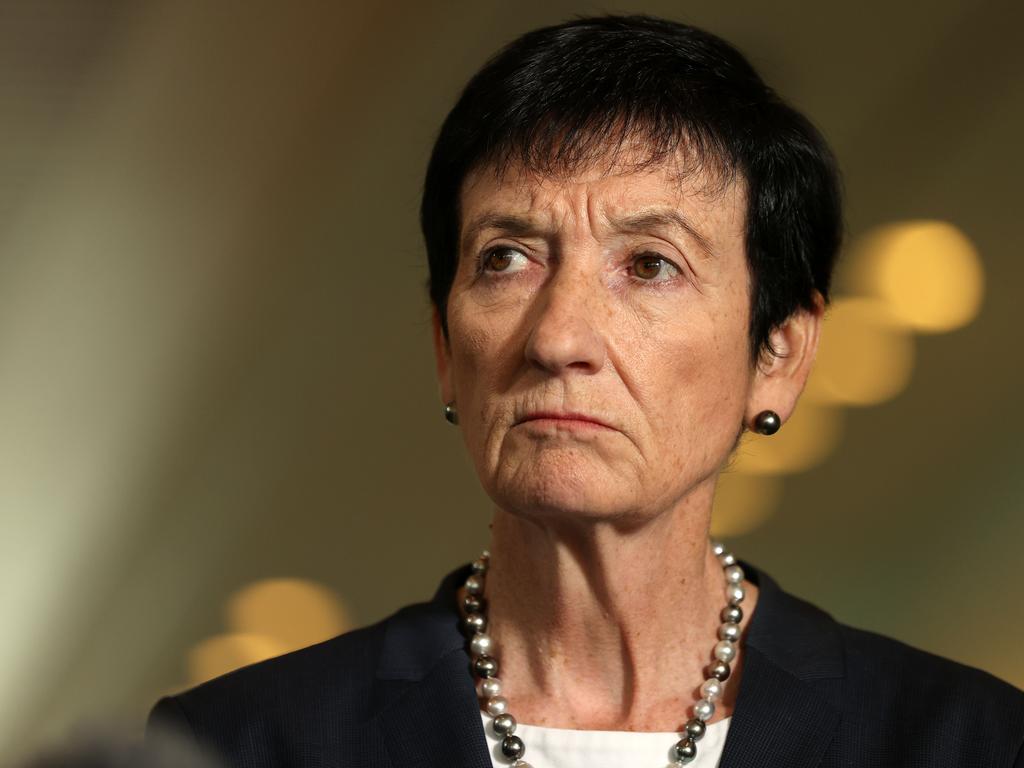Robert Half report: turn on the immigration tap to ends skills gap
A new report says the lack of immigration in the past 18 months has compounded the skills gap in technical areas of the labour market.

Covid is rewriting the job descriptions – and the salaries – of many employees in finance and accounting, technology, business support and marketing areas, according to a report from recruiters Robert Half Australia.
The report argues the shift to remote work based on technology, combined with the end of immigration because of border closures, is leading to a significant shortage of qualified candidates.
It says the digital transformation has led to a demand for managers to have more technical and software skills on one hand, and for developers to have broader people skills on the other.
The firm’s managing director, David Jones, said companies had been forced to reimagine their digital operations in the past five years, but the trend to digital had been accelerated by the pandemic and the move to hybrid work.
“A few years ago, marketing managers weren’t assessed on their ability to configure software, nor were software developers judged by their skills in building rapport with stakeholders,” Mr Jones said.
“But now you are seeing CIOs partner with heads of HR in their organisations because people understand that technology change is not just about the tech but the human adoption of the tech. So behavioural change is very important.”
Mr Jones said the lack of immigration in the past 18 months had compounded the skills gap in technical areas of the labour market. There was a lack of people skilled in narrower, functional tech roles as well as project managers and other leaders. And with immigration unlikely to resume before the middle of next year, the shortages would continue to put pressure on salaries.
More than 80 per cent of employers believed it would be more challenging to find qualified employees compared to pre-pandemic conditions. “For the country to continue to prosper, we have to turn the migrant tap back on very aggressively,” he said.
The analysis of the skills gap was carried out with labour analytics firm Burning Glass Technologies and looked at online job postings over the past five years and salary variations over the past three years.
It found the digital skills with the greatest increase in demand over the period were DevOps (344 per cent), JIRA (101 per cent), Software as a Service (88 per cent), Python (61 per cent) and Salesforce (40 per cent).
Unlike the broader labour market, which has been dogged by low wage growth, salaries have rocketed in some areas: project managers with Prince skills are pulling in 29 per cent more than three years ago; marketing specialists with SQL skills 19 per cent more; and IT project managers with Scrum skills 13 per cent more.
The report said that the accelerated digital transformation across many departments combined with the expansion of remote and hybrid work practices means that the development, use and maintenance of hardware, software and cloud-based platforms were no longer solely the preserve of dedicated IT departments.
Employers wanted candidates to demonstrate expanded and more diverse skills in both traditionally “technical” and “people-focused’ roles and they rated highly attributes such as critical thinking, data skills and adaptability and strategic thinking.






To join the conversation, please log in. Don't have an account? Register
Join the conversation, you are commenting as Logout